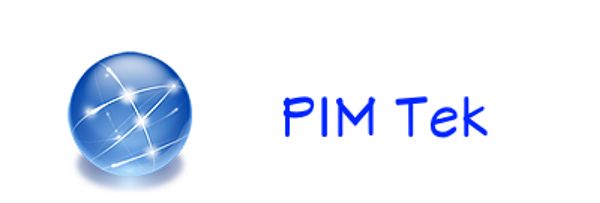The ownership of intellectual property (IP) generated by AI engines depends on various factors, including the nature of the problem being solved, the type of AI technology used, and the terms of any agreements or contracts in place.
In general, the creator of the AI technology or the person who trained the AI model owns the IP rights to the underlying algorithm or program. However, the outputs generated by the AI engine, such as solutions to problems, may be subject to different ownership arrangements.
For example, if the AI engine is being used to solve a specific problem on behalf of a company or individual, the ownership of the resulting solution may be outlined in a contract or agreement between the parties. In some cases, the company or individual may retain ownership of the solution, while in other cases, the ownership may transfer to the creator of the AI technology.
Additionally, there may be cases where the AI engine’s solution is deemed too similar to an existing patent or copyright, in which case the ownership may be subject to legal challenges.
Overall, determining the ownership of intellectual property generated by AI engines can be a complex and nuanced process, and it often depends on the specific circumstances surrounding the creation and use of AI technology.
